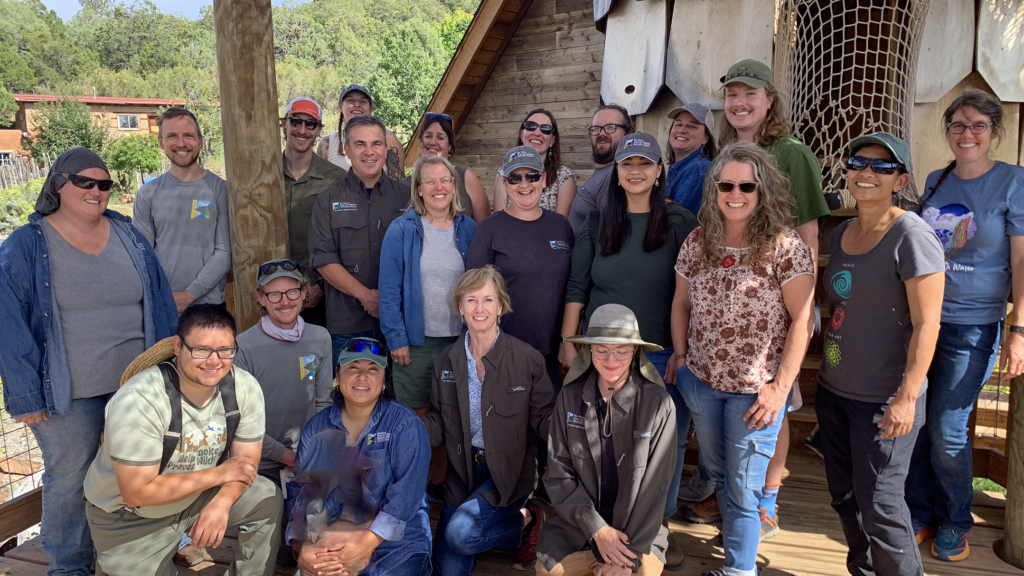By Dr. Alan Barton

Resiliency.
This is a concept that we invoke frequently in our work at the New Mexico Forest & Watershed Restoration Institute. Resiliency goes hand-in-hand with restoration—to a large degree, restoring ecosystems means finding ways to build greater resiliency into their functioning. Resilient systems are built on adaptability, which provides the ability to handle and bounce back from adverse conditions, and which is why NMFWRI promotes adaptive management strategies as the road to resilient ecosystems. Effective adaptive management is rooted not just in ecological resiliency, but also in resilient human communities. Social and economic resiliency, and adaptive cultures, are those that can survive and thrive through adversity.
As we reflect on 2024, we look back on a year of unusual challenges, a gantlet of adversity produced by atypical trials in NMFWRI’s communities. Our university faced a cyberattack that closed campus in the spring, and a crisis in the fall as our science building was shut down for an extended period to resolve issues with chemical storage. Our home community of Las Vegas, New Mexico faced dangerous flooding events over the summer as monsoon rains fell on the Hermit’s Peak-Calf Canyon fire scar outside of town, again closing the university along with most businesses in town for over a week. And early this winter, Las Vegas was hit with a generational blizzard that locals have dubbed “snowpocalypse,” that again shut down the university and most of the town. With so many challenges occurring in one year, 2024 was anything but typical, and everyone at Highlands University responded admirably, with grace and professionalism.
At NMFWRI, our staff pushed through these disruptions and continued our work, seeing these challenges not as barriers but as opportunities. We increased our participation in campus committees and events, adding our expertise to initiatives and campaigns. And following the adverse weather, we have redoubled our “Querencia in Action” outreach to local communities, helping landowners and local officials take steps to craft more resilient landscapes and communities.
As NMFWRI enters its 20th year in 2025, we can see how our consistent focus on resiliency over two decades has taken hold in our own Institute. While we did not expect the many challenges we faced in 2024, our experiences since 2005 have instilled in us a resilient mindset and organizational culture that prepared us to bounce back quickly, adapt, and thrive as we worked with our partners to recover from short-term setbacks, while considering and fostering medium and long-term outcomes in these recovery efforts. Resiliency is central to our mission and our work.
All of the staff at NMFWRI wish our partners and friends a very Happy New Year and all the best in 2025!
